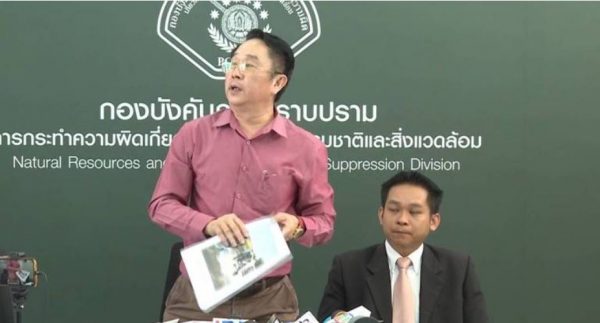Economic issues for new Thai government

As of press time, political parties from both sides are racing to sign up coalition partners. After the much-awaited general election, finally, there are signs that Thailand may soon have a new government.
Regardless of whichever political camp manages to form the government, it will face a difficult task to boost the Thai economy amid the internal and external challenges. Here are some of the issues that the economic team of the new government would have to pay special attention to.
Export slump
First, weaker-than-expected Thai export growth is now a biggest concern of local business. The export sector has been a main engine driving the country’s economic growth. However, the prospects of Thai outbound shipments this year are not positive.
The escalating trade war between the US and China has taken a toll on Thai outbound shipments, in addition to fluctuations in the global oil prices and sluggish demand for electronic goods. Economic think tanks are now revising their export projections as the exports are dropping fast than their initial estimates.
Recently, the Federation of Thai Industries lowered its export growth projection for 2019 to 0-1 percent, from initial forecast of 3-5 percent. The University of Thai Chamber of Commerce’s International Trade Study Center earlier lowered Thailand’s export growth from 3.2-4.6 percent to 2.2-4.6 percent.
The slowing exports have dented the growth of Thai GDP. The National Economic and Social Development Council (NESDC) last week reported that Thai GDP rose 2.8 percent year-on-year in the first quarter, the slowest in four years.
NESDC has also lowered its full-year GDP growth forecast to 3.3-3.8 percent from 3.5-4.5 percent. Politically-speaking, lackluster GDP growth does not bode well for any government.
External factors
The new government would have to deal with international geopolitical issues which may directly impact the domestic economic performance. For example, there is a chance that Thailand may be added to the United States watch list on currency manipulation because of a high current account surplus.
Meanwhile, the EU’s ban on palm oil from Southeast Asia out of concern over deforestation in the region can affect oil palm farmers in Thailand and trigger another trade tension between the EU and Asean.
Additionally, the new Thai government has been urged by the private sector to catch up with neighboring countries in reaching free trade deals with major trading partners to ensure smooth access of Thai goods to countries such as the European Union. The EU has now actively engaged in free trade talks with other Asean countries, especially Vietnam, while Thailand was embroiled in local political crisis. If the EU and Vietnam can strike a trade deal, Thai exporters who sell similar merchandise to that sold by Vietnamese exporters may lose price competitiveness in the EU market.
Low consumer confidence
Thai consumer confidence has not fully come back in spite of the general election in March 24. Worse, the post-election atmosphere does not improve the overall consumer sentiment. Last month, Thailand’s consumer confidence index was down to the lowest level in 16 months as people were worried that the general election has done little to fix deep polarization in Thai politics.
Moreover, the stability of the new government is a big question, regardless of which political camp will form the government. The new coalition government is unlikely to control a clear majority in the House. And that raises concerns over how long the new government will survive, especially when it has to wrestle over budget legislation.
If that is the case, the battle of wills between the two political camps can delay the passage of the entire budget bill which is much-needed to boost the Thai economy.






